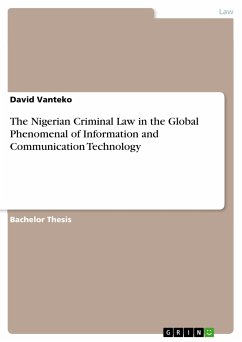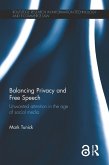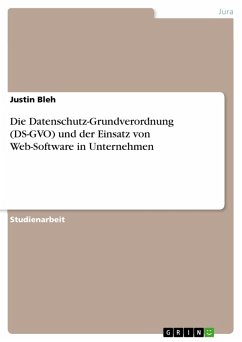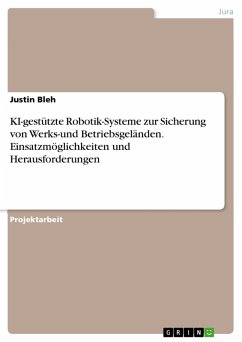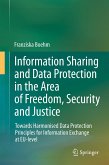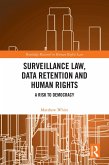Bachelor Thesis from the year 2019 in the subject Law - Data protection, grade: 71.0, , course: Digital Law, language: English, abstract: This study examines the stand point of Nigerian criminal law on Information and Communications Technology (ICT), the jurisprudence of an emerging E-law, the Impact of Information Technology on court process and how ICT has changed the face of crime. It further appraises selected concepts associated with ICT in contemporary issues as they relate. This study shall rely on both primary and secondary sources of information. The primary sources include the Evidence Act 2011, The Economic Financial Crimes Commission Act, Criminal Code 2004, Cybercrimes Act 2015 and International Conventions. The secondary source includes textbooks, journals, articles, opinions of legal luminaries and the internet. The ICT revolution has brought along Computer Crimes (cyber-crimes) which poses a serious challenge to the Nigerian Judiciary. Issues of Criminal Trespass into another computer, theft of computer data, the use of internet to commit or aid in the commission of fraud could hardly be established through the conventional standards of evidence in the Nigeria criminal system. Most statutes both substantive and subsidiary are not ICT proactive. In fact, some laws and rules of procedure run counter to ICT regime. These have to be reviewed before electronic and computer-generated evidence can be admissible in our courts13. Commercial transactions that are electronically conducted will be difficult to establish under the Evidence Act because of non-compliance with some provisions of the Act. For instance, it would not be possible under the Act to prove PIN number as representing signatures in a transaction that was conducted electronically. Increased inflow of foreign investors and development partners whose systems are wholly ICT based would compel the Nigerian Courts to embrace IT, otherwise confidence of these investors and partners may be eroded. Provision and maintenance of ICT infrastructure and equipment is capital intensive. The Nigerian Judiciary, particularly in the states, lack the resources to undertake the venture. Added to this is the problem of our maintenance culture, erratic power supply and poor capacity building.
Dieser Download kann aus rechtlichen Gründen nur mit Rechnungsadresse in A, B, BG, CY, CZ, D, DK, EW, E, FIN, F, GR, HR, H, IRL, I, LT, L, LR, M, NL, PL, P, R, S, SLO, SK ausgeliefert werden.

